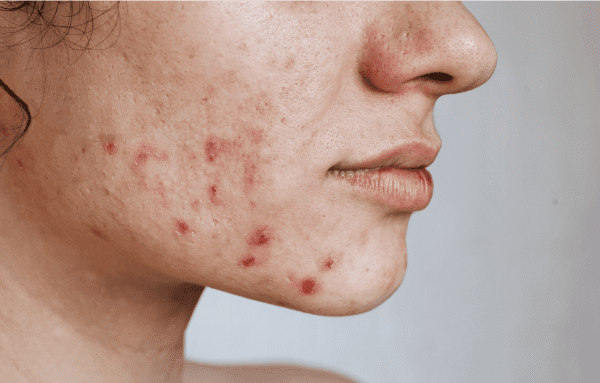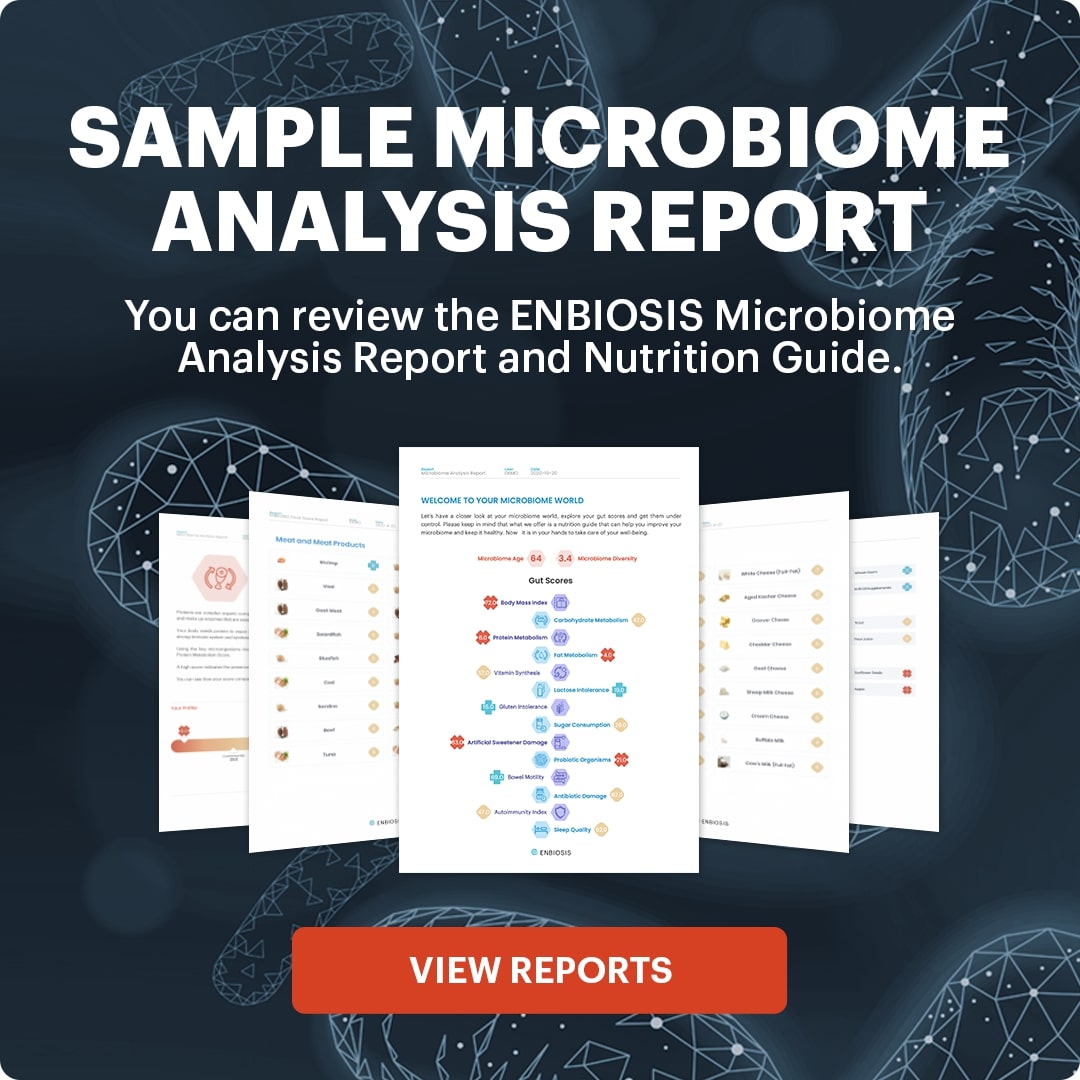Lots of us suffer from symptoms that we don’t even realize are linked to our gut health. Yet, by recognizing the telltale signs of an unhealthy gut microbiome, we can address the root cause of our health issues, rather than just treating the symptoms. So, in this article, we will explore some of the symptoms that indicate your gut microbiome might be imbalanced. Once you have identified these signs, gut microbiome analysis can help you to understand where these imbalances lie, allowing you to take steps to correct them.
Table of Contents
Signs of an Unhealthy Gut Microbiome
1. Digestive Issues
If you have been experiencing frequent digestive issues, such as bloating, gas, abdominal pain, constipation, or diarrhea, this could be a sign of an imbalance in your gut microbiome. These symptoms can arise when your body has difficulty digesting the food that you eat. An unhealthy gut microbiome can also compromise the integrity of your gut lining, leading to a condition known as “leaky gut” and altering the movement of food through your digestive system.
2. Food Intolerances
If we have too many “bad” bacteria living within our gut, we may experience intolerance to certain food types. Firstly, beneficial gut bacteria play a role in producing important digestive enzymes. When harmful bacteria dominate, enzyme production can be hindered, making it difficult to break down specific food types, such as lactose in dairy products or gluten in wheat. This can trigger a range of uncomfortable symptoms, often mistaken for food allergies.
But it’s not just about enzyme production. The gut microbiota also interacts directly with food components in a way that can influence sensitivity. For instance, in celiac disease, certain gut bacteria break down gluten proteins. Some bacteria can increase gluten’s toxicity, while others, like specific strains of Lactobacillus, can decrease it by breaking it down into smaller, less harmful peptides. This complex interplay highlights the crucial role of a balanced gut microbiome in managing food sensitivities.
3. Unintentional Weight Changes
Our gut microbes are essential for breaking down food and extracting nutrients. When the normal balance of bacteria within our gut gets disrupted, this process can be massively impacted. For instance, some bacteria are more efficient at extracting calories from food. So if we have an excess of these bacteria present in our gut, this could potentially lead to weight gain even without any changes to our diet. While other gut bacteria produce hormones and neurotransmitters that influence appetite and satiety. This means, that if we have more of these types of bacteria, we may consume fewer calories as our appetites becomes suppressed.

4. Sleep Disturbances
Our gut microbiome plays a part in regulating our sleep patterns, by modulating the production of key neurotransmitters, such as melatonin and serotonin. Research has shown that an overgrowth of specific gut bacteria is linked to sleep disturbances. For example, a study found that certain bacteria like Selenomonadales and Negativicutes are associated with an increased risk of insomnia.
5. Mood Changes
Our brain and gut microbiome share a unique and intricate relationship known as the gut-brain axis. The gut microbiota can influence brain function and behavior through the production of neurotransmitters including serotonin and dopamine, which are crucial for mood regulation. Gut dysbiosis and associated inflammation can disrupt this balance, leading to mood disorders such as anxiety and depression.
6. Skin Irritations
Given that our skin has a complex bi-directional relationship with our gut, just like the brain, dysbiosis can also increase our likelihood of developing certain skin issues. Skin conditions including psoriasis, atopic dermatitis, rosacea, and acne vulgaris have all been linked to a disordered gut microbiome.

7. Autoimmune Conditions
Our gut microbiota plays a crucial role in supporting our immune system. If there’s a shift in the balance of these microorganisms, it can lead to a weakened immune response. This imbalance can result in increased inflammation and a greater risk of developing autoimmune diseases, such as rheumatoid arthritis, multiple sclerosis, and type 1 diabetes.
8. Frequent Infections
Likewise, an imbalance in gut microbiota can make us more prone to frequent infections. The gut is a major site of immune activity, and dysbiosis can impair the gut’s ability to fend off pathogens, both within the gut and systemically.
9. Low Energy
Dysbiosis can affect nutrient absorption and metabolism, leading to deficiencies that result in fatigue and low energy. Additionally, chronic inflammation caused by an imbalanced gut can further drain energy levels.
10. Brain Fog
Brain fog, which is often marked by symptoms including difficulty concentrating, confusion, and forgetfulness, can also be linked to gut dysbiosis. The gut-brain axis plays a crucial role in cognitive function, and an imbalance in gut bacteria can lead to the production of neurotoxins and inflammatory molecules which impair brain function.

How Can Gut Microbiome Testing Help?
If you’re experiencing signs of an unhealthy gut microbiome, gut microbiome testing can be a valuable next step. Gut microbiome analysis provides a comprehensive analysis of your gut bacteria, helping you to identify any imbalances that might be contributing to your symptoms.
Once you have a better idea of your gut’s bacterial composition, you can make necessary lifestyle changes to improve your health. Gut microbiome testing allows you to personalize any treatment plans to meet the unique needs of your gut and address the root cause of your symptoms. This personalized approach can help to improve digestion, boost energy levels, enhance immunity, and optimize our overall well-being.
Addressing an Unhealthy Gut Microbiome With ENBIOSIS
At ENBIOSIS, we provide advanced gut microbiome testing using AI-powered technology to offer personalized health solutions. With our gut microbiome testing service, you will receive a comprehensive report that includes wellness scores, disease risk predispositions, and personalized recommendations for diet and supplements. This tailored approach ensures that you get specific advice suited to your unique gut profile, helping you to manage and improve your gut health effectively.
Contact ENBIOSIS today to find out more.


